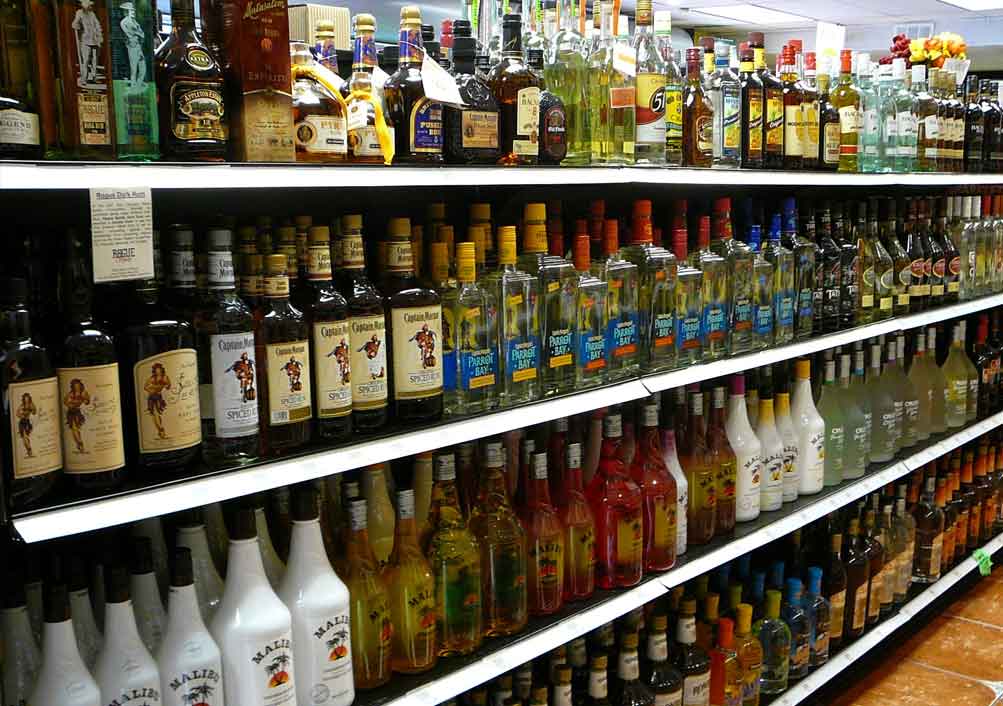State has power to levy excise duty in respect of alcoholic liquor for human consumption but it cannot levy such duty on wastage of liquor after distillation: SC

Read Judgment: State of Odisha & Ors. Vs. M/s Utkal Distilleries Ltd.
Pankaj Bajpai
New Delhi, March 4, 2022 While hearing an appeal challenging demand notice issued to Utkal Distilleries calling upon it to pay excise duty on the weak spirit, which was more than 2% allowable wastage, the Supreme Court has held that the State has power to levy excise duty only in respect of the alcoholic liquor for human consumption, by virtue of Section 27(1) r/w/s 2(6) of the erstwhile Bihar and Orissa Excise Act, 1915.
A Division Bench of Justice B.R. Gavai and Justice L. Nageswara Rao observed from perusal of Section 27(1) of the said Act that the State’s power to impose duty on import, export, transport and manufacture is only in respect of any excisable articles imported, exported, transported and manufactured.
Going by the background of the case, the Commissioner of Excise, Orissa (second appellant) granted licence in favour of Utkal Ditilleries (Respondent – Company) for manufacturing, bottling, blending and reduction of Indian Made Foreign Liquor (IMFL) from rectified spirit, subject to the respondent Company installing one rectification column to rectify/ purify the rectified spirit to be used in manufacturing of IMFL.
As per the condition in the license, the respondent installed Extra Natural Alcohol Column. It was the case of the respondent that the manufacturing process resulted in generation of certain weak spirit, which was not potable, and since the rules did not provide for allowing such a waste product, a representation was made by the respondent to the TRAI (second appellant). Later, the Committee recommended allowing 2% loss of spirit during the process of redistillation in the State of Orissa (first appellant). Since the appellant did not take any decision on the report of the Committee, the respondent approached the High Court.
However, demand notice was issued to the respondent calling upon it to pay excise duty on the weak spirit, which was more than 2% allowable wastage.
After considering the submissions, the Top Court found that ‘excisable article’ has been defined to be any alcoholic liquor for human consumption or any intoxicating drug.
Speaking for the Bench, Justice Gavai found that the Constitution Bench of this Court in the case of Synthetics and Chemicals Ltd. and others vs. State of U.P. and Others, (1990) 1 SCC 109 , has held that the State Legislature had no authority to levy duty or tax on alcohol, which is not for human consumption as that could be levied only by the Centre.
Similarly, a three Judge Bench of this Court in the case of State of U.P. and others vs. Modi Distillery and others, (1995) 5 SCC 753, following the Constitution Bench decision of this Court in case of Synthetics and Chemicals Ltd. (supra), observed that the State has no power to levy excise duty on wastage of liquor after distillation, added the Bench.
The Top Court further found that the license, which was granted to the respondent – Company, is for the purpose of manufacturing, bottling, blending and reduction of IMFL, and as required under the license, the respondent has installed one ENA column to rectify the rectified spirit to be used in the manufacturing of IMFL.
It is also not in dispute that the sample of wastage generated in the manufacturing process was sent for examination to the State Drugs Testing and Research Laboratory, Orissa, which stated that the wastage generated has been found to be unfit and unsafe for potable purpose, added the Court.
Accordingly, in view of the legal position as settled by the Constitution Bench of this Court in Synthetics and Chemicals Ltd.’s Case (Supra) and the three Judge Bench in Modi Distillery’s Case (Supra) and the statutory provisions contained in the said Act, the Apex Court dismissed the appeals.
Sign up for our weekly newsletter to stay up to date on our product, events featured blog, special offer and all of the exciting things that take place here at Legitquest.




Add a Comment